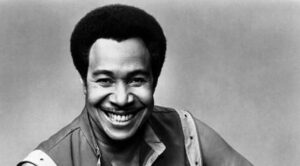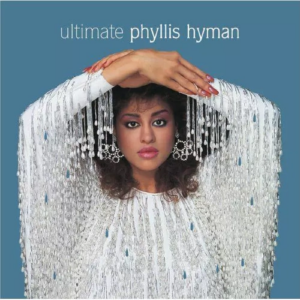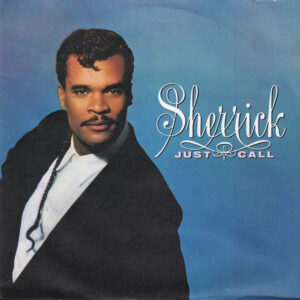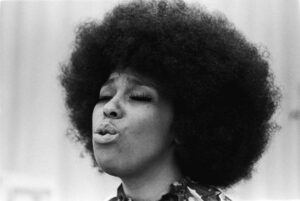 by Justin Kantor
by Justin Kantor
(October 23, 2013) For five decades, The Three Degrees have remained synonymous with seamlessly soulful harmonies, a first-class songbook, and dazzling live performances. While the years have presented their share of personnel changes, the core of the group has consistently remained intact. Whether touching listeners with the melancholy “When Will I See You Again,” inciting them to positive action with “Love Is the Message,” or riling them up on the dance floor with “Giving Up, Giving In,” mainstays Valerie Holiday and Helen Scott have ensured the group’s legacy with audiences around the globe via constant touring and an admirable work ethic. The ladies recently chatted with Soul Tracks’ Justin Kantor on the occasion of their 50th anniversary in show business about their remarkable timeline in music.
The Three Degrees began in 1963 with a lineup consisting of Fayette Pinkney, Shirley Porter, and Linda Turner. Can you shed some light on the beginnings of the group?
Helen Scott: Producer Richard Barrett, who was known for his work with The Chantels, formed the group. All of the girls went to Overbrook High School in Philadelphia. Shirley and Linda left shortly after their first single, “Gee Baby, I’m Sorry.” I was introduced to Richard by a teacher of mine. At the same time, Richard met another student at Overbrook, Sheila Ferguson. We both auditioned for him. I ended up joining the group with Janet Harmon, and Sheila became a solo artist on the same record label, Swan Records.
What would you say set the group apart from other female vocal ensembles of the time?
Helen: The objective of the group was to not be exactly like The Supremes, where you had one lead singer and two background singers. We switched around with lead vocals and still do, depending on who sounds best singing each song. There’s never been one person singled out. At one point in our career, Sheila was singled out by the press, but not by Richard or the group itself.
We released about 21 songs on the Swan label. They were successful on the east coast, but didn’t go very far elsewhere. We were all still in school and weren’t allowed to do too much else on the weekdays. Any shows we did were on the weekends. I left in 1966 to have a family. Sheila was the most obvious person to step in, as she knew all the songs and the routines. She had even sung backgrounds on some of our records.
The song “Maybe,” first recorded by The Chantels, has a special place in the history of The Three Degrees. Tell me about that.
Helen: Richard wrote that ballad. It was a ballad with that late ’50s/early ’60s flavor and very successful for The Chantels. He brought it to us to record in 1966, and I sang the lead. A few years later, when the group re-recorded it, Valerie brought her own dialogue into it. It became The Three Degrees’ first national hit.
Valerie, you joined the group shortly after Sheila replaced Helen. How did you come into contact with them?
Valerie Holiday: They had been performing along the east coast, and I had been in Boston for quite some time. Sonia Goring had joined the group by this point as a temporary replacement for Janet. So, they were looking to add another [permanent] member. Frank Hatchett, a dancer who was a friend of Richard’s, saw me performing as a solo artist. To this day, I don’t know where! He approached me to ask if I’d be interested in joining a group. I said that I didn’t know. We went to see the girls’ show and went backstage. We talked for a bit and exchanged different personality traits and things that we all liked.
The girls asked me if I could do the Philly Dog. Being a Bostonian, I had never heard of that particular step. They showed me what it was. We got in line and started doing it. They said, “Okay, she can do it. You’re in!” At the time, we were all socially smoking Kool cigarettes [laughs], so we hit it off.
Over the next few years, The Three Degrees recorded for a variety of labels, including Warner Bros. and Metromedia. What was the experience like of being in a group and working in the music business?
Valerie: It was interesting and exciting, being that age. I now had two partners in arms, as opposed to being out there by myself. I felt a bit more comfortable. We were constantly rehearsing, which is why the precision and blend was so tight. We co-habitated in one room. It was a concentrated effort. We were all like-minded.
As for the different labels we recorded for, it was interesting getting the different songs for recording and then sitting down and formulating the harmonies to make it as great as we could. We always answered to Richard, who’d listen to and tell us whether it sounded like a bunch of cats on a fence meowing, or if we needed to go back and rethink something again! He’d never tell us exactly what to do. But when we came up with it and offered it to him and it was okay, we knew!
Connect with Justin on Facebook
.









